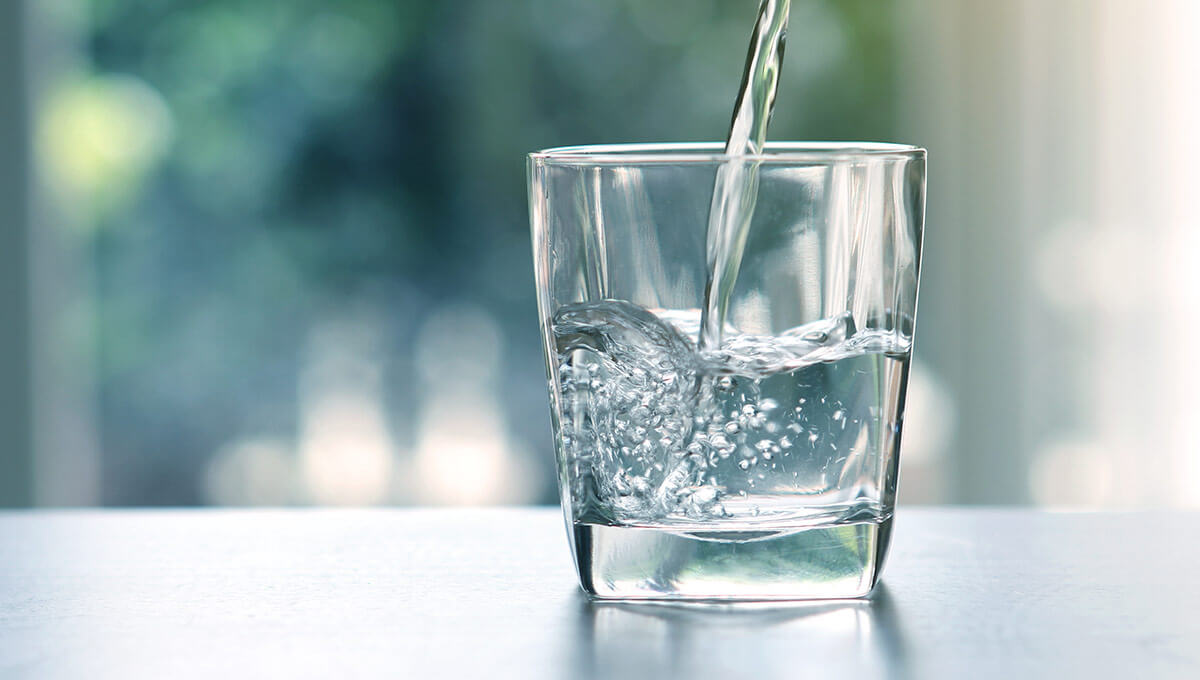
Ways to drink more water

A daily diet should provide the body with the optimal amount of essential ingredients. Apart from protein, carbohydrates, fat and vitamins, valuable minerals should not be forgotten. Elements such as iron play an extremely important role in athletes, which is why it is worth limiting the risk of deficiency in advance. How can you recognise its symptoms? What should be included in the daily diet?
One important and frequent cause of iron deficiency in athletes is an incorrectly balanced diet. Firstly, it is worth increasing the supply of natural sources of the element, which include meat, offal and eggs. These are the main products in a diet that aims to increase the level of this element. In addition, it is recommended that certain plant products such as red beets, spinach, tomatoes, cocoa, pistachios and pumpkin seeds are included in the diet.
In addition, it is worth ensuring that the diet is rich in fruit and vegetables with a high vitamin C content. The popular ascorbic acid, which is associated mainly with the effect on the proper functioning of the immune system and the fight against free oxygen radicals, also has a valuable effect on increasing the absorption of iron from food. Therefore, citrus fruit, such as blackcurrant, acerola, orange and rosehip should be included in the diet. Moreover, a high vitamin C content in athletes will be helpful in supporting bones and skin (through participation in collagen synthesis).
It should not be forgotten that there are a number of other ingredients that indirectly contribute to iron deficits in athletes. Fat compounds, high-protein products and certain minerals (zinc, phosphorus, magnesium and calcium) can limit the assimilability of iron and influence its total blood level.
The first symptoms of iron deficiency are very quick to appear. The main symptom is a clear bruising of the skin as well as pallor. Iron as a fundamental component of haemoglobin also determines the red colour of blood. In some athletes it can be extremely easily noticed due to low levels of fat and visibility of blood vessels. The skin additionally loses its natural shine and healthy look. Iron deficiency in athletes is also noticeable in terms of performance.
Haemoglobin co-created by iron is responsible for the transport of oxygen within the whole body. Iron deficiency may therefore result in a significant decrease in the quality of the whole process, which causes worse oxygenation of organs. This in turn creates unfavourable conditions for them and prevents maximum involvement of the body during training.
Other symptoms of iron deficiency in athletes include:
The information below is required for social login
Sign In
Create New Account